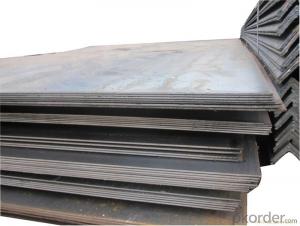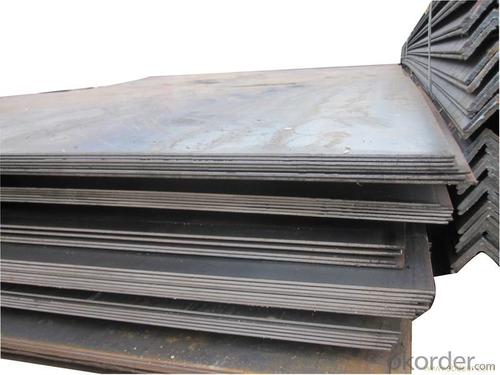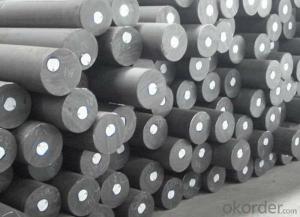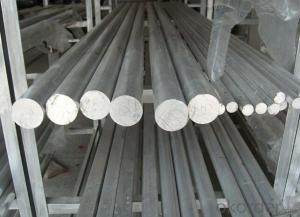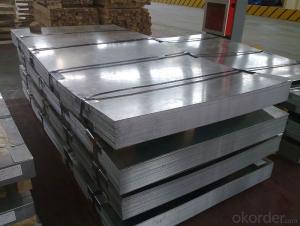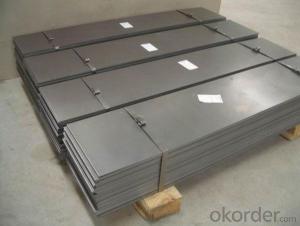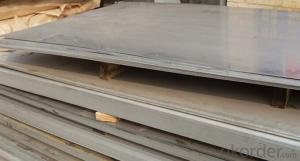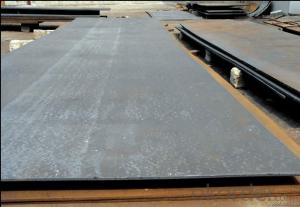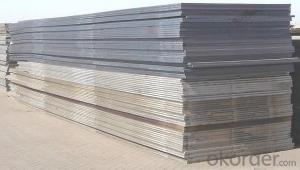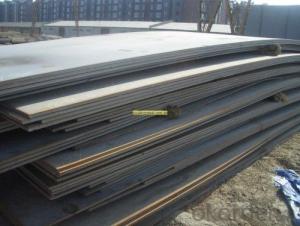Hot Rolled Mild Steel Plate Carbon Steel Sheet
- Loading Port:
- China main port
- Payment Terms:
- TT OR LC
- Min Order Qty:
- 30 m.t.
- Supply Capability:
- 10000 m.t./month
OKorder Service Pledge
OKorder Financial Service
You Might Also Like
Specification
Product Information
Item | Steel sheet,steel plate,mild steel sheet,carbon steel sheet |
Standard | ASTM A285, ASTM A283, SA516, SA517, EN10025-2-2004, ASTM A572, ASTM A529, |
Material | A36,SS400,A283 Gr.A,.Gr.B.Gr.C,A285 Gr.A,.Gr.B.Gr.C,Q235,Q195,Q215,S185,SM400, |
Size | Thickness:2.0-200mm |
Surface | Black painted,PE coated,Galvanized ,etc |
Export to | Iran,India,Dubai,Peru,Saudi Arabia,Indonesia,Singapore,Korea,Viet Nam,Thailand,Brazil, |
Application | Steel plates are widly used as boiler plate, container plate, flange plate and ship plate, and |
Contact | If you have any question ,please feel free to contact me . |
Product Show
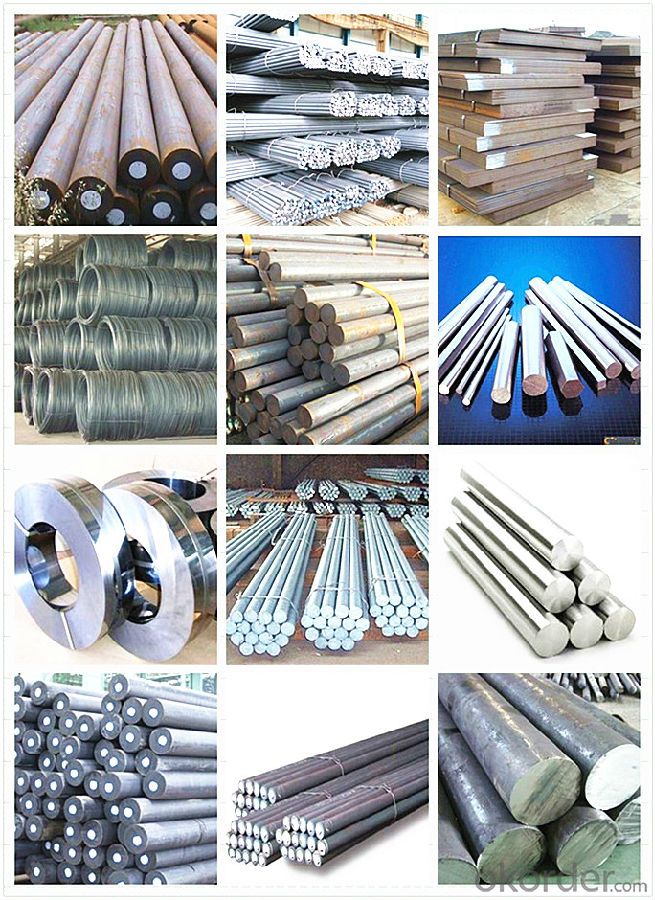
Workshop Show
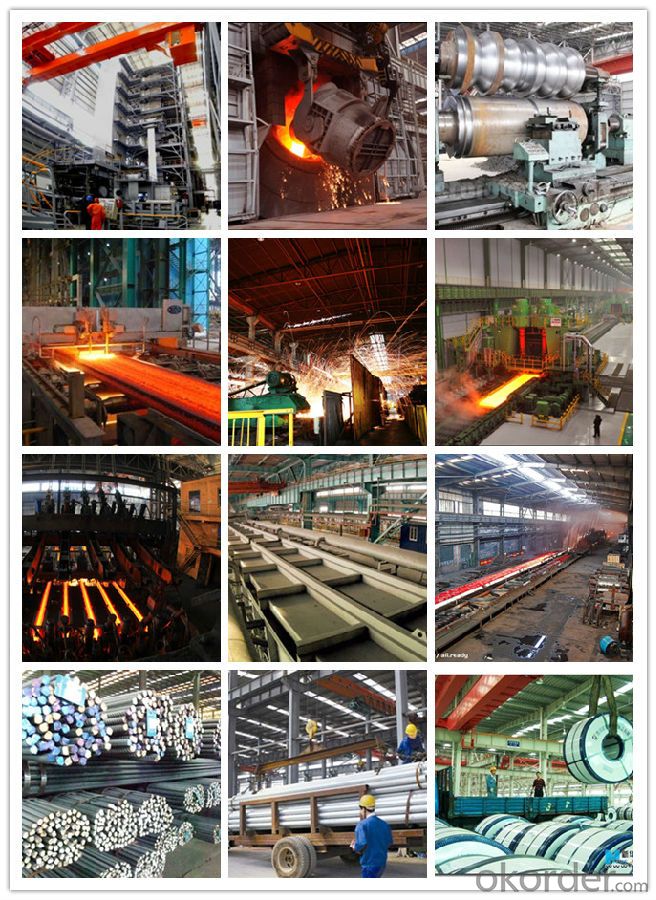
Shipping
1. FedEx/DHL/UPS/TNT for samples, Door-to-Door;
2. By Air or by Sea for batch goods, for FCL; Airport/ Port receiving;
3. Customers specifying freight forwarders or negotiable shipping methods!
Delivery Time: 3-7 days for samples; 5-25 days for batch goods.
Payment Terms
1.Payment: T/T, L/C, Western Union, MoneyGram,PayPal; 30% deposits; 70% balance before delivery.
2.MOQ: 1pcs
3.Warranty : 3 years
4.Package Informations: 1) EXPORT, In 20 feet (GW 25 ton) or 40 feet Container (GW 25 ton)
2)as customer's requirement
Why choose us?
(1) The leading exporter in China special steel industry.
(2) Large stocks for various sizes, fast delivery date.
(3) Good business relationship with China famous factories.
(4) More than 7 years steel exporting experience.
(5) Good after-sales service guarantee.
- Q: How does special steel contribute to the telecommunications machinery industry?
- Special steel plays a crucial role in the telecommunications machinery industry by providing the necessary materials for the production of high-quality and durable equipment. Telecommunications machinery, such as antennas, satellite dishes, and transmission towers, are exposed to various environmental conditions and need to withstand extreme weather, corrosion, and mechanical stress. Special steel, known for its exceptional strength, toughness, and resistance to corrosion, provides the necessary properties to ensure the longevity and reliability of telecommunications equipment. For instance, antennas and satellite dishes made from special steel can withstand strong winds and harsh weather conditions without compromising signal quality or structural integrity. Moreover, special steel is used in the production of transmission towers, which are vital for the efficient transmission of signals across long distances. These towers need to support heavy equipment, withstand dynamic loads, and resist corrosion to maintain uninterrupted communication. Special steel, with its high tensile strength and corrosion resistance, ensures the stability and longevity of transmission towers, contributing to the overall reliability of the telecommunications network. Additionally, special steel is utilized in the manufacturing of cables and connectors used in telecommunications systems. These components require high conductivity, low resistance, and resistance to wear and tear. By using special steel, telecommunications machinery manufacturers can ensure efficient signal transmission and reduce signal loss, leading to improved communication quality. In summary, special steel is essential to the telecommunications machinery industry as it provides the necessary materials with superior strength, durability, and resistance to corrosion. By using special steel in the production of antennas, satellite dishes, transmission towers, cables, and connectors, the industry can deliver reliable and high-quality telecommunications equipment to meet the growing demands of the modern world.
- Q: What are the advantages of using special steel in various industries?
- Special steel offers several advantages in various industries. Firstly, it has superior strength and durability, making it ideal for applications that require high performance and long-lasting materials. Secondly, special steel has excellent corrosion resistance, making it suitable for industries exposed to harsh environments, such as marine, oil and gas, and chemical industries. Additionally, special steel is highly versatile, allowing for customization and adaptability to specific requirements. It also provides excellent heat resistance, making it suitable for industries that involve high temperatures, such as aerospace and automotive sectors. Lastly, special steel offers great machinability, facilitating efficient and precise manufacturing processes. Overall, the use of special steel in various industries enhances performance, longevity, and cost-effectiveness.
- Q: How is special steel used in the production of turbine blades?
- Special steel is used in the production of turbine blades due to its exceptional strength, heat resistance, and corrosion resistance properties. These blades have to withstand high temperatures, extreme pressures, and rotational forces, making special steel an ideal material choice. Its exceptional qualities ensure the blades can efficiently convert the energy of steam or gas into mechanical energy, enabling turbines to generate power in various applications such as power plants, aircraft engines, and gas turbines.
- Q: What are the properties of shock-resistant alloy steel?
- Shock-resistant alloy steel is known for its exceptional toughness and ability to withstand high impact and shock loads. It possesses a unique combination of strength, hardness, and ductility, making it ideal for applications in industries such as aerospace, automotive, and manufacturing. This type of steel undergoes specialized heat treatment processes to enhance its shock-resistance, thereby ensuring it can absorb and dissipate energy without fracturing or deforming. Additionally, shock-resistant alloy steel exhibits excellent corrosion resistance and can maintain its mechanical properties even in harsh environments, making it a reliable and durable material for various demanding applications.
- Q: Can special steel be used in food processing applications?
- Yes, special steel can be used in food processing applications. Special steel, such as stainless steel, is commonly used in the food industry due to its excellent corrosion resistance, hygienic properties, and durability. It is safe for food contact, easy to clean, and does not react with acidic or alkaline substances.
- Q: What are the main factors affecting the corrosion fatigue strength of special steel?
- Several factors affect the corrosion fatigue strength of special steel. Firstly, the composition of the steel is crucial. Special steels typically contain various alloying elements like chromium, nickel, molybdenum, and copper, which enhance their corrosion resistance. The presence and quantity of these elements significantly impact the corrosion fatigue strength. Generally, higher levels of alloying elements improve resistance to corrosion fatigue. Secondly, the surface condition of the steel is important. Any surface defects such as scratches, pits, or roughness can act as stress concentrators and accelerate the initiation and propagation of corrosion fatigue cracks. Additionally, the presence of surface contaminants like dirt, grease, or salts can increase the corrosive environment and reduce the corrosion fatigue strength. Thirdly, the environmental conditions in which the steel is exposed play a significant role. Corrosion fatigue occurs due to the combined action of cyclic loading and a corrosive environment. Factors like temperature, humidity, pH, and the presence of corrosive substances such as saltwater or chemicals can accelerate the corrosion process and reduce the fatigue strength. Furthermore, the mechanical properties of the steel, such as hardness, strength, and ductility, also influence its corrosion fatigue strength. Higher strength and hardness enhance resistance to fatigue crack initiation, while greater ductility improves resistance to crack propagation. However, excessive hardness or brittleness can decrease corrosion fatigue strength. Lastly, the design and manufacturing processes of components made from special steel can impact their corrosion fatigue strength. Factors such as welding techniques, heat treatment, and surface finishing can introduce residual stresses or alter the microstructure of the steel, affecting its corrosion fatigue behavior. In conclusion, the corrosion fatigue strength of special steel is influenced by its composition, surface condition, environmental conditions, mechanical properties, and manufacturing processes. Understanding and appropriately addressing these factors are crucial for enhancing the corrosion fatigue resistance of special steel components.
- Q: What are the main applications of special steel in the mining equipment?
- Special steel is extensively used in mining equipment due to its exceptional strength, durability, and resistance to wear and corrosion. It finds various applications in mining equipment such as drill bits, cutting tools, crushers, conveyor belts, and pipes. The high strength of special steel enables these components to withstand the harsh conditions prevalent in the mining industry, ensuring reliable and efficient operation. Additionally, its resistance to wear and corrosion significantly extends the lifespan of mining equipment, reducing maintenance costs and downtime.
- Q: How does special steel contribute to the aerospace turbine industry?
- Special steel plays a crucial role in the aerospace turbine industry by offering various advantages that cannot be found in other materials. Firstly, special steel is known for its exceptional strength and durability, making it ideal for withstanding the extreme conditions within aerospace turbines. The high temperatures, pressures, and rotational speeds experienced by turbine components demand a material that can withstand these harsh conditions without compromising performance or safety. Additionally, special steel exhibits excellent heat resistance and corrosion resistance properties, which are essential for the longevity of turbine components. The ability to resist oxidation and corrosion allows special steel to maintain its structural integrity and functionality over extended periods of time, reducing the need for frequent maintenance or replacement. Moreover, special steel offers excellent machinability and formability, enabling the production of complex and intricate turbine components. This allows for the creation of highly efficient and precisely engineered turbine blades, vanes, and other critical parts that are essential for the optimal performance of aerospace turbines. Furthermore, special steel provides the necessary characteristics for improved fuel efficiency in aerospace turbines. By utilizing high-strength special steel alloys, turbine manufacturers can design lighter and more aerodynamic components, reducing overall weight and drag. This, in turn, leads to increased fuel efficiency and lower emissions, contributing to a more sustainable and environmentally friendly aviation industry. In conclusion, special steel plays a pivotal role in the aerospace turbine industry by providing the necessary strength, durability, heat resistance, corrosion resistance, and machinability required for the efficient and reliable operation of turbine components. Its contribution to the industry extends to improved fuel efficiency, reduced maintenance needs, and enhanced overall performance, making it an indispensable material for the aerospace turbine industry.
- Q: What is the significance of alloying elements in special steel?
- Alloying elements in special steel play a crucial role in enhancing its properties and performance. These elements, such as chromium, nickel, manganese, and molybdenum, are added to improve characteristics like strength, hardness, corrosion resistance, and heat resistance. The combination and proportion of alloying elements determine the specific properties of the steel, making it suitable for various applications, such as manufacturing aircraft parts, automotive components, or tools. Overall, alloying elements greatly contribute to the versatility and functionality of special steel.
- Q: How does special steel contribute to the manufacturing of springs for automotive applications?
- Special steel plays a crucial role in the manufacturing of springs for automotive applications due to its unique properties and characteristics. Springs are essential components in automobiles as they provide the necessary suspension and shock absorption, ensuring a smooth and comfortable ride. One of the key advantages of special steel in spring manufacturing is its high strength and durability. Springs are subject to constant stress and repetitive loading, and special steel, with its exceptional strength, can withstand these forces without deforming or breaking. This property ensures that the springs can function reliably and maintain their shape and performance over extended periods of use. Additionally, special steel offers excellent fatigue resistance, which is vital for springs in automotive applications. Fatigue occurs when a material weakens and eventually fails after repeated loading and unloading cycles. Special steel is specifically designed to withstand fatigue, allowing the springs to endure the constant pressure and stress without experiencing premature failure. Moreover, special steel provides superior corrosion resistance, which is particularly important for automotive springs. Cars are exposed to various environmental elements, including moisture, road salt, and chemicals, which can lead to corrosion and deterioration of the springs. By using special steel with enhanced corrosion resistance, manufacturers can ensure that the springs have a longer lifespan and maintain their performance even in harsh conditions. Furthermore, special steel offers versatility in terms of its composition and properties. Manufacturers can choose from a wide range of special steel alloys, each with its own unique characteristics, to meet specific requirements. For example, some alloys offer greater elasticity, allowing the springs to flex and absorb shocks more effectively. Others provide higher hardness, enhancing the springs' load-bearing capacity. This flexibility in material selection empowers manufacturers to design and produce springs that are tailored to the specific needs of automotive applications. In conclusion, special steel significantly contributes to the manufacturing of springs for automotive applications by providing high strength, durability, fatigue resistance, corrosion resistance, and versatility. These properties enable the production of reliable, long-lasting springs that ensure optimal suspension, shock absorption, and overall performance in vehicles.
Send your message to us
Hot Rolled Mild Steel Plate Carbon Steel Sheet
- Loading Port:
- China main port
- Payment Terms:
- TT OR LC
- Min Order Qty:
- 30 m.t.
- Supply Capability:
- 10000 m.t./month
OKorder Service Pledge
OKorder Financial Service
Similar products
Hot products
Hot Searches
Related keywords
